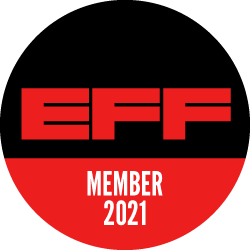71 countries ratified the UN Human Rights Council’s resolution on free speech online of 5th of July, 2012.
How do those 71 countries live up to the resolution they signed?
Our Global Internet Freedom Report summarizes the findings of a number credible sources, mainly Human Rights Watch, Reporters Without Borders and Freedom House, for each of the 71 signatories.
Algeria*
HRW World Report
HRW reports that authorities prosecuted a number of Algerians for critical speech in 2016 and 2017:
- On August 9, 2016, an Algiers appeals court upheld a two-year prison sentence for Mohamed Tamalt, a freelance journalist with dual Algerian and British nationality, for a video he posted on Facebook featuring a poem deemed offensive to Algeria’s president. Tamalt died in prison on December 11, 2016, after staging a hunger strike to protest his conviction. Authorities denied mistreatment but his family insisted that negligence or mistreatment contributed to his death.
- Algerian authorities also prosecuted Marzoug Touati, a blogger and editor of the website Al-Hogra. A court in Béjaïa on January 22, 2017, ordered his pretrial detention on the charge of “talking to the agents of a foreign power with the intention of causing harm to Algeria’s army, diplomatic relations, and financial interests,” and “inciting citizens to carry weapons and gather illegally.” He was still detained as of December 2017 in Oued Ghir prison, awaiting trial.
World Press Freedom Index
Reporters Without Borders give Algeria place 134 in the 2017 World Press Freedom Index (down from 129 in 2016) and note a “sharp decline” of media freedom:
- Four bloggers and media professionals were jailed on criminal charges in 2016.
Freedom of the Press report
According to Freedom House, Algeria’s press is “not free”. Further quotes from the Freedom of the Press report 2016:
- A number of journalists were charged or penalized under various laws in 2015 in connection with criticism of public officials, frequently contained within Facebook posts.
- In April, staff at the satirical television program Weekend received a directive to overhaul the program’s format after airing a segment that referred to Algerian officials’ property assets in France; the staff decided to end the program rather than enact the changes.
- The Ministry of Communication continued to block the distribution of foreign media when it deemed their content objectionable.
- The government does not restrict internet access, but is known to monitor internet activity and electronic communications.
- Defamation is a criminal offense, and reporters can be penalized under laws against blasphemy. A 2001 amendment to the information code criminalizes writing, speech, and cartoons that insult or offend the president, the parliament, the judiciary, or the armed forces.
- A 2009 cybercrime law gives the authorities the right to block websites deemed “contrary to the public order or decency.”
- About 38 percent of Algerian residents accessed the internet in 2015, mostly through mobile phones.
- A 2012 information code was hailed by its proponents as an important reform that would enhance media freedom by nominally abolishing prison sentences for press offenses and opening up key media sectors to private ownership. However, the law imposes limitations on coverage of a variety of subjects—including criminal investigations and state security—and steep fines of up to 500,000 dinars ($5,000) for press-related offenses. Journalists who fail to pay the fines can face jail time.
Argentina*
Australia*
Austria
Azerbaijan*
Belgium
Bolivia (Plurinational State of)*
Bosnia and Herzegovina*
Brazil*
Bulgaria*
Canada*
Chile
Costa Rica
Côte d’Ivoire*
Croatia*
Cyprus*
Czech Republic
Denmark*
Djibouti
Egypt*
Estonia*
Finland*
France*
Georgia*
Germany*
Greece*
Guatemala
Honduras*
Hungary
Iceland*
India
Indonesia
Ireland*
Italy
Latvia*
Libya
Liechtenstein*
Lithuania*
Luxembourg*
Maldives
Malta*
Mauritania
Mexico
Monaco*
Montenegro*
Morocco*
Netherlands*
Nigeria
Norway
Palestine*
Peru
Poland
Portugal*
Qatar
Republic of Moldova
Republic of Korea*
Romania
Serbia*
Slovakia*
Slovenia*
Somalia*
Spain
Sweden*
the former Yugoslav Republic of Macedonia*
Timor-Leste*
Tunisia*
Turkey*
Ukraine*
United Kingdom of Great Britain and Northern Ireland*
United States of America
Uruguay
[* Non-Member State of the Human Rights Council]



